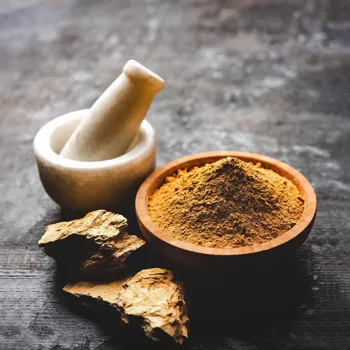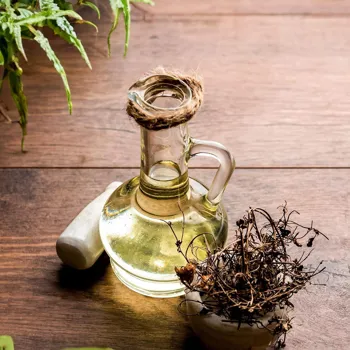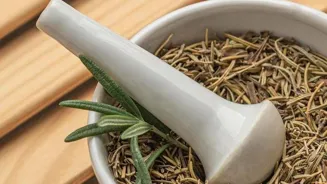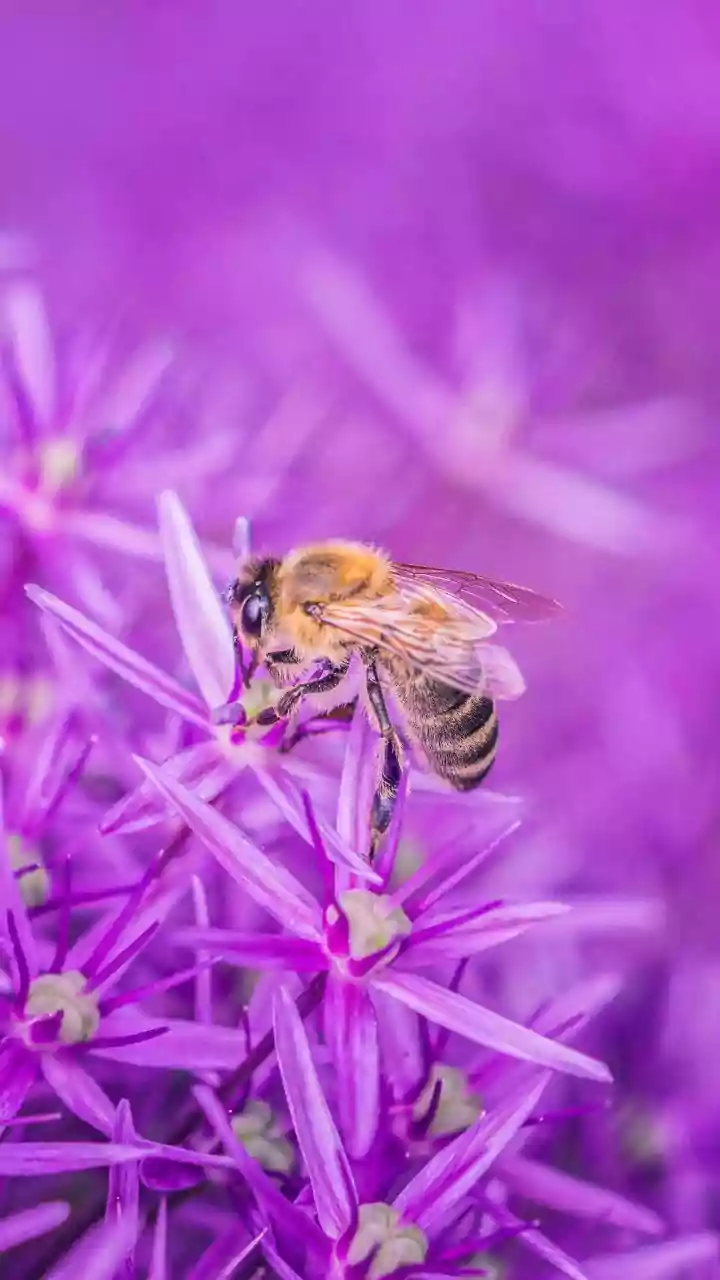Unveiling the Enigmatic World of Herbal Medicine: Ancient Wisdom to Scientific Discoveries. Dive into the captivating journey!
For centuries, even before the advent of modern pharmaceuticals, humans have
relied on the healing power of nature. Herbal medicine, the art and science of using plants to treat and prevent illness, boasts a rich and fascinating history, stretching back to the dawn of civilization.
From ancient Ayurvedic practices in India to traditional Chinese medicine and the remedies of indigenous cultures worldwide, the use of herbs has been deeply intertwined with human health and well-being.
Today, as we witness a growing interest in natural and holistic approaches to healthcare, it is essential to explore the historical roots and scientific validation of herbal medicine.
Ayurveda in India: ancient herbal medicine for holistic health
The Indian subcontinent has a long and distinguished history of herbal medicine, primarily through the ancient system of Ayurveda. Ayurveda, meaning "the science of life," emphasizes maintaining balance between the body, mind, and spirit.

Ayurvedic texts, dating back thousands of years, detail the medicinal properties of numerous plants, describing their uses for treating a wide range of ailments.
Herbs like turmeric, ginger, and neem have played a central role in Ayurvedic practice, valued for their anti-inflammatory, digestive, and detoxifying properties.
These traditional remedies continue to be widely used in India today, not just within formal Ayurvedic clinics but also in homes as part of everyday healthcare practices. The knowledge of these herbs has been passed down through generations, representing a valuable repository of traditional wisdom.
Ancient Egypt's advanced herbal medicine influenced future medical practices
Moving westward, ancient Egypt also possessed a sophisticated understanding of herbal medicine. The Ebers Papyrus, one of the oldest and most important medical texts from ancient Egypt (dating back to 1550 BC), contains detailed information on hundreds of medicinal plants and their uses.
Egyptians used herbs like aloe vera for skin conditions, garlic for infections, and poppy seeds for pain relief. Their knowledge of herbs was often intertwined with religious and spiritual beliefs, and herbal remedies were frequently administered by priests and healers.
The use of herbs was not limited to the elite; it was an integral part of everyday life for Egyptians across all social strata. Their contributions to the field of herbal medicine laid the foundation for future medical practices in the Mediterranean region and beyond.
Ancient Greek herbal medicine by Hippocrates and Dioscorides
In ancient Greece, herbal medicine was closely associated with the philosopher and physician Hippocrates, often referred to as the "father of medicine." Hippocrates emphasized the importance of observing the patient and using natural remedies, including herbs, to treat illnesses.
He believed in the body’s ability to heal itself and advocated for a holistic approach to healthcare that considered lifestyle, diet, and environment.
The Greek physician Dioscorides, who lived in the 1st century AD, authored "De Materia Medica," a comprehensive encyclopedia of medicinal plants that became a standard reference work for herbalists and physicians for over 1500 years.
This text described the properties and uses of hundreds of plants, providing detailed information on their identification, preparation, and administration.
Indigenous herbal medicine traditions in the Americas
Across the Atlantic Ocean, indigenous cultures in North and South America developed their own unique systems of herbal medicine. Native American tribes possessed an intimate knowledge of the plants in their environment, using them to treat a wide range of ailments and injuries.

Plants like Echinacea were used for boosting the immune system, while willow bark, containing salicylic acid (the precursor to aspirin), was used for pain relief. In the Amazon rainforest, indigenous communities developed sophisticated medical traditions based on the region's rich biodiversity.
Plants like quinine, derived from the cinchona tree, were used to treat malaria, demonstrating the remarkable efficacy of traditional herbal remedies and scientific exploration is still going to unravel the secrets.
Herbal medicine gains scientific validation, bridging traditional and modern approaches
Today, the field of herbal medicine is undergoing a renaissance, with increasing scientific research validating the efficacy of many traditional remedies.
Researchers are isolating and identifying the active compounds in herbs, studying their mechanisms of action, and conducting clinical trials to evaluate their effectiveness in treating various conditions.
This scientific scrutiny is helping to bridge the gap between traditional knowledge and modern medicine, providing a more evidence-based approach to herbal medicine.
While herbal medicine shows promise, it is crucial to approach it with caution, consulting with qualified healthcare professionals and herbalists.
Ancient herbal medicine links past to modern health benefits
The journey of herbal medicine, from ancient practices to modern research, highlights the enduring connection between humans and the natural world.
As we continue to explore the fascinating history and scientific potential of herbal medicine, we can gain a deeper appreciation for the healing power of plants and their role in promoting health and well-being.
The integration of traditional wisdom with modern science holds the key to unlocking the full potential of herbal medicine, offering a more comprehensive and holistic approach to healthcare for generations to come. We can use the knowledge for overall benefits.
AI Generated Content. Glance/InMobi shall have no liability for the content




















